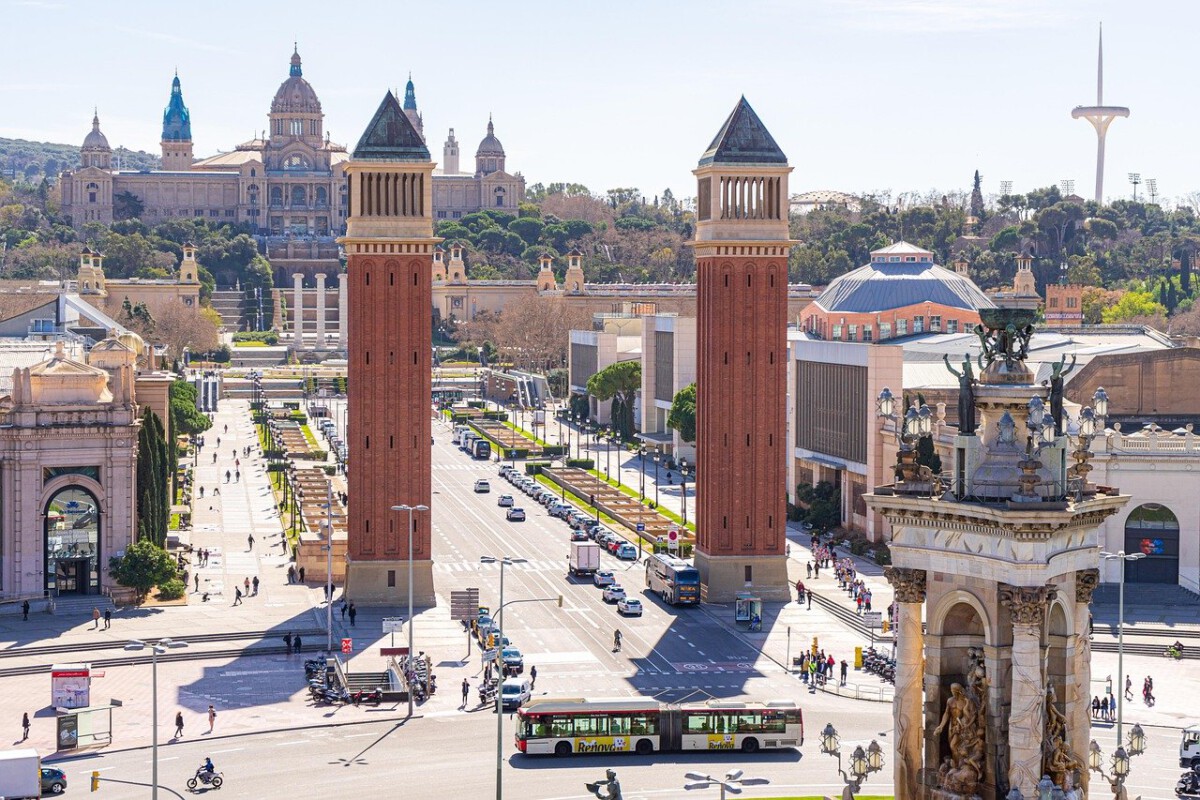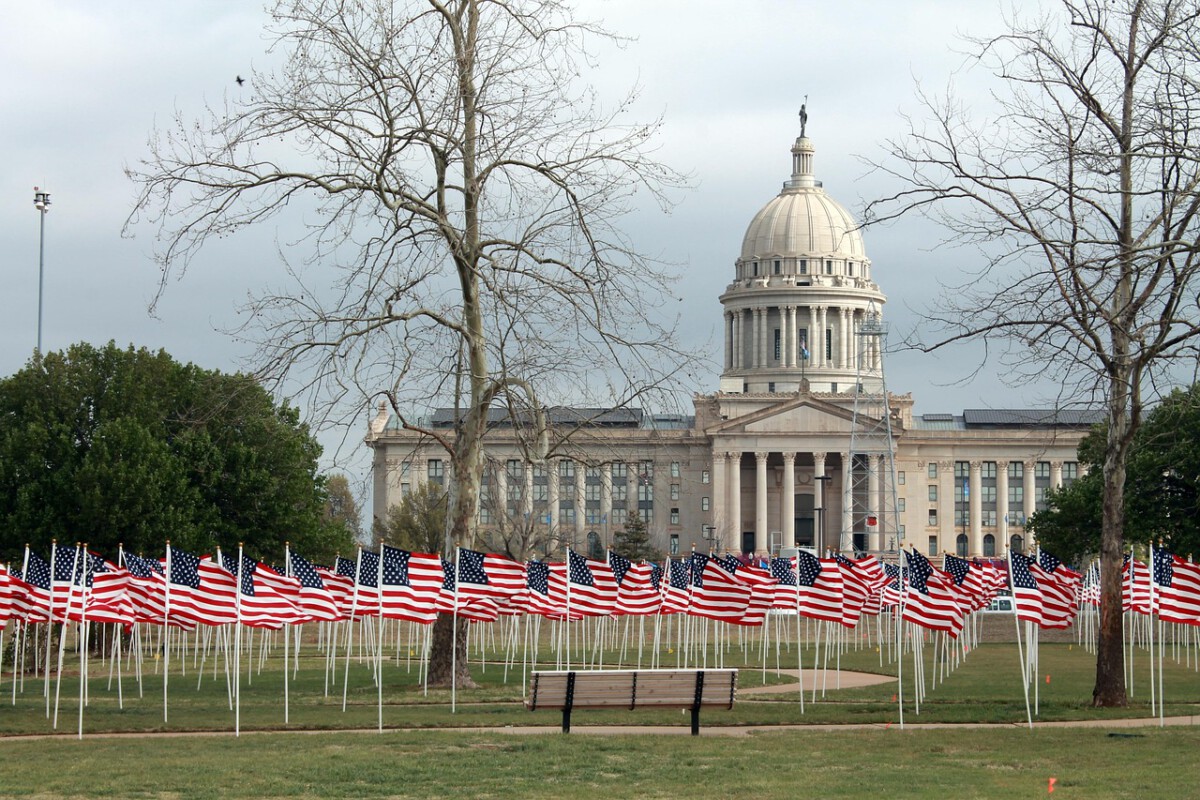The Overcrowding Dilemma

The magic of Barcelona isn’t a secret anymore—it’s a headline. In 2024, the city saw about 30 million visitors pour into its streets, a tidal wave compared to its 1.6 million residents. Walking down La Rambla feels less like a stroll and more like swimming upstream in a river of tourists. Even locals have started voicing their frustration, with many saying they barely recognize their own neighborhoods. The city’s plazas and hidden corners, once places to breathe in Catalan life, now feel more like a theme park than a real community. That sense of discovery I craved was replaced by crowds jostling for the same selfie spot. The energy that used to feel electric now feels overwhelming, and I found myself wishing for silence amid the chaos.
Rising Costs of Travel

Barcelona’s rising popularity comes with a steep price tag. In 2024, the average nightly hotel rate hit €150, which is a 20% jump from just a few years back. Eating out isn’t much better—simple tapas and a glass of wine now set you back what used to be a special-occasion dinner. Even iconic attractions like the Sagrada Familia have become pricier, with entry tickets now costing more than €30. These numbers aren’t just statistics; they’re a real barrier for travelers who want to experience the city without emptying their wallets. The surge in prices has reached the point where budget-minded travelers feel pushed out. I started to question whether the experience justified the expense, especially when smaller cities offer similar charms for much less.
Environmental Concerns

The environmental toll of mass tourism in Barcelona is impossible to ignore. The city ranked among the top ten for air pollution in Europe in 2024—a sobering statistic for anyone who cares about sustainability. Streets once filled with the scent of orange blossoms now carry the smell of exhaust and garbage. The city government has tried to fight back with new public transport initiatives and car restrictions, but these changes are slow to make a difference. Visitors contribute to mountains of waste and put pressure on water and energy resources. As someone who prefers to tread lightly, I couldn’t shake the guilt of adding to the city’s environmental strain. Traveling responsibly means thinking beyond my own experience, and Barcelona’s struggles made me reconsider my choices.
The Quest for Authenticity

Barcelona’s unique culture always drew me in, but lately, it feels harder to find the real thing. A 2024 survey found that 70% of tourists felt local culture was being drowned out by commercialization. Markets like La Boqueria, once bustling with local vendors and fresh produce, are now packed with souvenir stalls and Instagrammers. Even the street performers seem to play more for tourist cameras than for the joy of art. Authentic Catalan traditions are harder to spot, replaced by cookie-cutter experiences designed to please the crowds. I started to wonder if I was just following a script written for outsiders. That longing to connect with a city’s true soul led me to seek places where authenticity still thrives.
The Allure of Alternative Destinations

With Barcelona feeling less like an adventure and more like a checklist, I began to look elsewhere. Cities like Porto, Lisbon, and Valencia have quietly blossomed into vibrant alternatives. Porto, for example, saw a 20% rise in visitors in 2024 but still offers a relaxed pace and warm, genuine hospitality. Lisbon’s winding alleys and pastel-colored houses feel both lively and accessible, without the sense of being overwhelmed. Valencia’s beaches and local festivals provide all the Mediterranean charm without the price hikes or crowds. These cities have their own unique identities, rich with history and culture, yet feel more welcoming and less commercialized. It was like finding hidden doors in a house I thought I knew.
The Impact of Remote Work

Remote work has turned the travel world upside down. In 2024, about 40% of remote workers said they wanted to escape the chaos of major tourist destinations and set up shop somewhere quieter. The rise of the “workation” means people like me can spend weeks—or even months—living in new places without the stress of rushed sightseeing. Smaller cities and towns now offer coworking spaces and affordable rentals, making them ideal for blending work and leisure. In Barcelona, finding a peaceful spot to focus became nearly impossible, especially in the bustling city center. I realized I could be more productive and fulfilled in places where life moves at a gentler pace—and where I can actually hear myself think.
Cultural Events and Festivals

Barcelona’s calendar brims with over 300 festivals and events every year. While this sounds exciting on paper, in practice, it can be overwhelming. Many of these events, especially in peak season, are designed to cater to tourists, sometimes at the expense of local authenticity. Navigating the crowded schedules often left me feeling like I was just ticking boxes rather than savoring real moments. Smaller cities offer a different rhythm, with fewer events but deeper community involvement. Attending a local festival in a less-visited town gave me a sense of belonging that’s hard to find in Barcelona’s high-octane environment. The experience felt more intimate and meaningful, like being welcomed into a family celebration.
The Importance of Local Engagement

Meaningful travel hinges on connecting with the people who call a place home. In Barcelona, that’s become increasingly difficult; a 2024 study revealed that 65% of tourists felt disconnected from locals. The tourist economy has created a divide, with many interactions reduced to business transactions. Attempts to strike up conversations often felt transactional or rushed, as if locals were bracing for the next wave. By contrast, in less touristy places, I found locals far more open and willing to share their stories and traditions. These genuine exchanges made my travels richer and more memorable, reminding me that the best souvenirs are often conversations, not postcards.
The Shift in Travel Preferences

Travelers are rethinking what they want from their adventures. In 2024, surveys showed that 55% now prefer off-the-beaten-path destinations over traditional hotspots. This isn’t just a trend—it’s a movement toward seeking out unique, personal experiences. People want to feel like explorers, not just visitors following a crowd. I noticed a new energy among fellow travelers, a hunger for stories and discoveries that can’t be found in guidebooks. This shift has led me to places that don’t even appear on the usual travel lists, where surprises await around every corner. The thrill of the unknown is quickly replacing the comfort of the familiar.
Embracing Change

Letting go of Barcelona wasn’t easy, but change has a way of opening new doors. The challenges of overcrowding, rising prices, and environmental concerns pushed me to rethink what I want from travel. Other cities and towns now offer the sense of discovery and connection I used to find in Barcelona. Exploring new destinations has reignited my curiosity and brought back the excitement that first drew me to travel. The world is full of places waiting to be explored, each offering a different kind of magic. Isn’t it time to see what else is out there?





